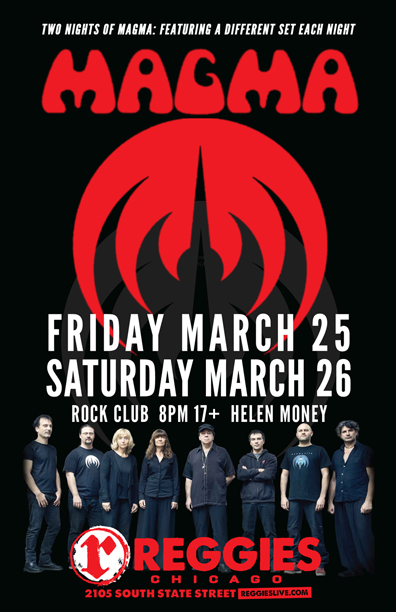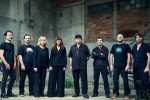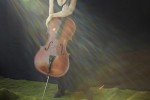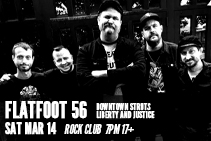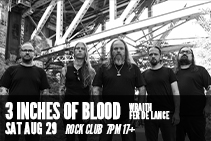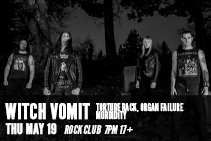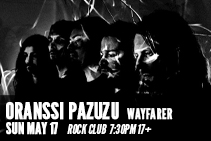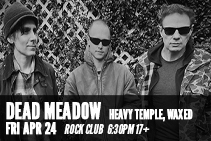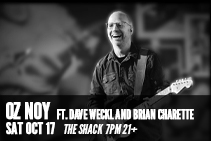Who is the singular figure that definitively transforms the cello into a thrilling, cathartic rock instrument? Alison Chesley, that’s who. That is, if you can even call the acclaimed music Chesley makes under the moniker Helen Money “rock”; that’s a little too pigeonholing for the relentless, maverick sounds she creates. As such, on Arriving Angels – the third Helen Money album, to be released February 5th, 2013 on landmark heavy-music label Profound Lore – she shatters genre limitations with groundbreaking fervor anew.
Recorded by iconoclastic recording engineer Steve Albini with brutal precision, Arriving Angels embraces any number of sounds and references – organic, ambient doom à la SunnO))), prismatic noise/post-rock evoking Sonic Youth and Rachel’s, new-music minimalism spanning Górecki to Branca, sinister orchestral trills that would give Bernard Herrman pause – all the while becoming none of them, creating a new whole out of Chesley’s distinct point of view. And while Helen Money has up to this point consisted of Chesley performing primarily solo, on Arriving Angels she’s joined on various tracks by Jason Roeder, the thundering drummer/percussionist for legendary Bay Area post-metal ensemble Neurosis. Roeder’s spiraling rhythms and relentless attack give Helen Money’s already ominous, intense compositions new drive and dimension like never before.
Of course, going to uncharted sonic waters is to be expected for Chesley, for whom Arriving Angels tops an incredibly diverse, surprising career in music. She first came to national consciousness via the ‘90s alt-rock revolution as a member of beloved Chicago band Verbow, which she co-founded with guitarist Jason Narducy (who would go on to play with Bob Mould, Guided By Voices, and Telekinesis). Verbow would play with the likes of Frank Black, Liz Phair, and Morrissey, and put out two albums on Epic Records, one of which was produced by Amerindie icon Bob Mould. Chesley would go on to play on Mould’s own solo efforts, launching her career as a studio musician/arranger for a startlingly varied collection of the most influential, vanguard artists working today. As such Chesley’s cello has appeared on recordings by Broken Social Scene (the Canadian collective’s great Forgiveness Rock Record), Japanese post-rockers Mono, pioneering metallicists spanning Anthrax to Russian Circles, and the solo recordings of The Sea and Cake’s Archer Prewitt. Fugazi bassist Joe Lally has also taken Chesley on tour for his solo shows, with her playing in Lally’s band and opening the shows as Helen Money. Indeed, support for Helen Money among her peers proves noteworthy. Ferociously independent indie-noise trio Shellac had Helen Money open a series of West Coast dates with her volcanic, sonorous live show. As well, Shellac included Helen Money in the prestigious All Tomorrow’s Parties festival the band curated in England for winter 2012, as did Portishead when they put together their version of ATP in July 2011. Helen Money has also shared stages with Earth, Meshell Ndegecello, and Nina Nastasia, indicating the broad stylistic range of her appeal.
That unconventional aspect is clear on the prismatic, challenging, affecting sounds captured on Helen Money’s latest effort, Arriving Angels, arriving highly anticipated after the renown of previous album, 2009’s In Tune, which Greg Kot of The Chicago Tribune called one of the “Best Independent Releases of the Year By A Chicago Artist.” Arriving Angels showcases Chesley’s willfully irreverent approach to the cello, which she aggressively amplifies, loops, and distorts with an array of pedals and audio equipment like none other. Opener “Rift” commences with a series of Eno-esque undulating hums before the calm is disrupted by slashes of mid-range violence and abrupt dynamic shifts. The title track, meanwhile, hums like an onslaught of locusts looming in the distance until it devolves into a kind of twisted boogie; likewise, “Upsetter” builds tension unspeakably with torturous repetition until exploding into orchestral release. Arriving Angels also continues Helen Money’s tradition of unexpected covers. On In Tune, Chesley performed a raucous, symphonic version of The Minutemen’s art-punk classic “Political Song for Michael Jackson to Sing”; on Arriving Angels, meanwhile, she essays a disarmingly minimal, human take on Pat Metheny’s “Midwestern Nights Dream,” reducing the famous jazz guitarist’s original to its stark compositional essence, its plucked notes resonating into unexpected open spaces.
The addition of Jason Roeder on drums on four of Arriving Angels’ tracks, however, provides the album’s revelation, taking Helen Money’s sound into unheard dimensions of power. On “Schrapnel,” Roeder’s loping beat stalks Chesley’s deliberate scrapes of the bow like a vulture circling a carcass, adding untold dread and propulsion. Elsewhere, Roeder infects moody Chesley compositions like “Radio Recorders” with tribal, jazzy deconstructions of blast beats, creating a hybrid groove that proves pointedly individual. Is it metal? Ambient? Post-rock? Classical? Avant-garde? No, none of these labels apply. This music remains just Helen Money: intense, brutal, emotional, virtuoso yet playing by its own rulebook – as such, Arriving Angels just may be unlike anything else you’ll hear this year.
